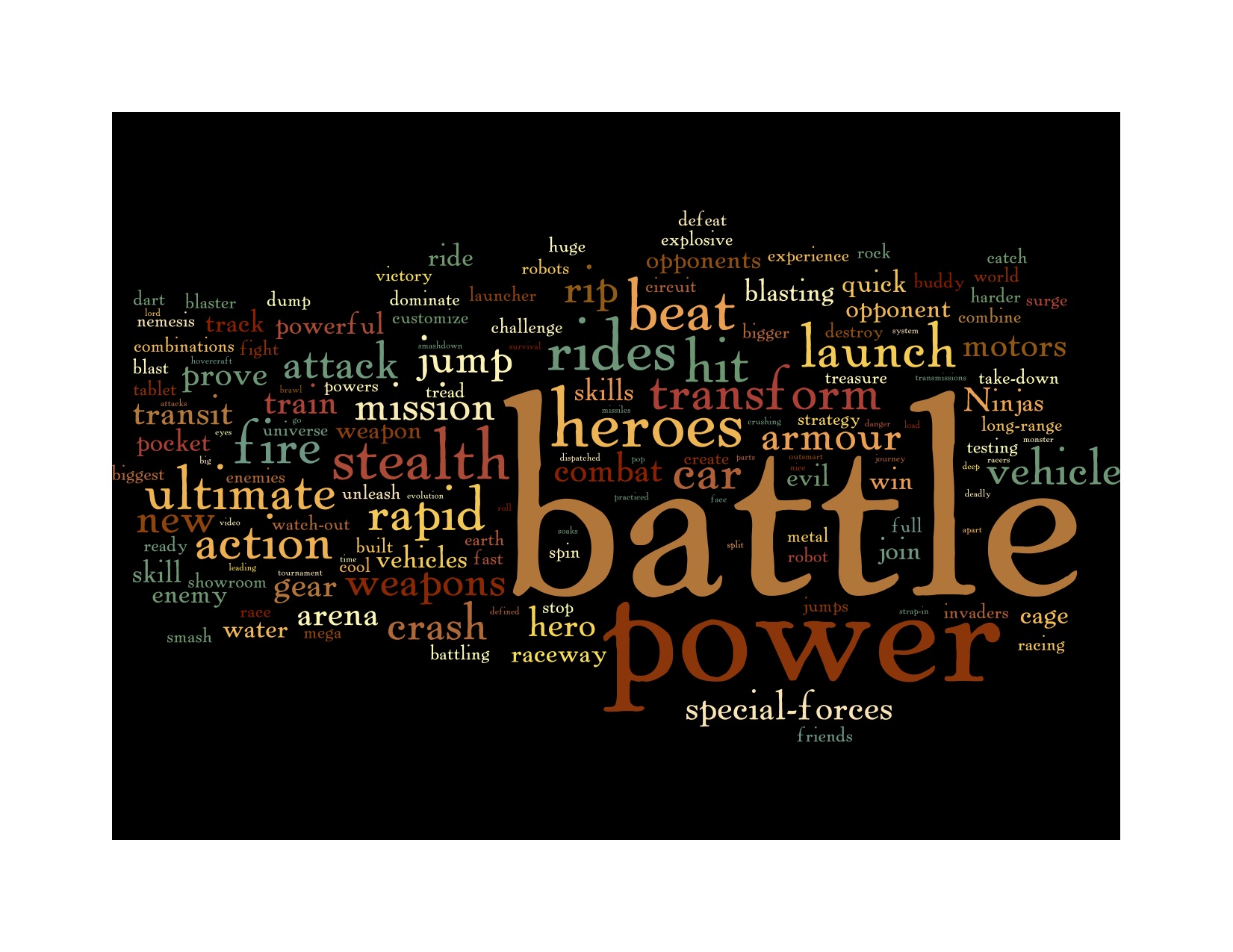Celebrate the end of the academic year with the 2019-20 cohort of the Kenan Graduate Fellows in Ethics, as they present public talks based on their research. This is their second research workshop of the academic year, and will feature half of the scholars presenting their work. The virtual workshop will meet on Zoom Monday, April 27, 2:00-5:30PM. Each panelist will give a 6-8 minute “TEDx”-style presentation, followed by open discussion and Q&A.
*Please email Amber Díaz Pearson to RSVP and receive the Zoom meeting invitation.*
This year’s cohort represents five schools and ten different departments in the humanities, social sciences, and natural sciences at Duke. The fellows bring a vast array of methodological tools and experiences – from literary and biblical scholarship to psychological and policy analysis. During the year, all have explored topics with tightly interwoven empirical and ethical concerns, and worked together to identify and analyze the difficult normative issues engaged by their dissertations.
Kenan Graduate Fellows in Ethics Spring Research Workshop
Panel 1: “Are we human? Or are we dancer?” (What characteristics define a person, which are desirable, and who decides?)
Songyao Ren (Philosophy): Compares Stoic and Zhuangist models of dispassion as they are grounded in two distinct pictures of the good life. While the Stoic is characterized by a closed self, self-sufficient and invulnerable to external contingencies, the Zhuangist is characterized by an open self, constantly able to expand her sense of self driven by the emotion of wonder.
Rachel Gevlin (English): Explores how the novel, as the primary vehicle of idealized heterosexual romance for nearly three centuries, contributed to the gendered assumption that men experience a stronger sense of sexual desire than women. Although English divorce laws operated under this same gendered bias, the novel cemented this idea in the popular imagination.
Adam Stanaland (Psychology & Neuroscience / Public Policy): Studies how the amount of social pressure about masculinity that men experience — above and beyond testosterone levels -– explains their aggression in response to threat.
Alberto La Rosa Rojas (Theology): Examines ethics of migration by focusing on the moral agency of the migrant and the conditions and possibilities for the migrant’s flourishing. In particular, his work interrogates assumptions about the nature of human flourishing that underlie debates about the morality of borders, the limits of hospitality, and the utility of migration.
Panel 2: “We get to carry each other” (Solidarity and agency within communities)
Elia Romera Figueroa (Romance Studies): Studies Spanish protest music during the 1960s and ‘70s, developing a framework to understand the relationship between musical collective practices in repressive contexts and the formation of experiences and narratives of resistance.
Nathan Hershberger (Religion): Explores the relationship between scripture and ethics in the Christian tradition around issues of suffering and religious violence, especially regarding what role religion ought to play in transforming conflict.
Hannah Ridge (Political Science): Examines the paradoxical disparity between high stated support for democracy as a system of government in the Middle East and low levels of actual democracy in the region by examining what citizens mean when they say they support “democracy.” Her survey research sheds light on debates about what it means for a state to be a democracy and what drives institutional development in the Middle East.




